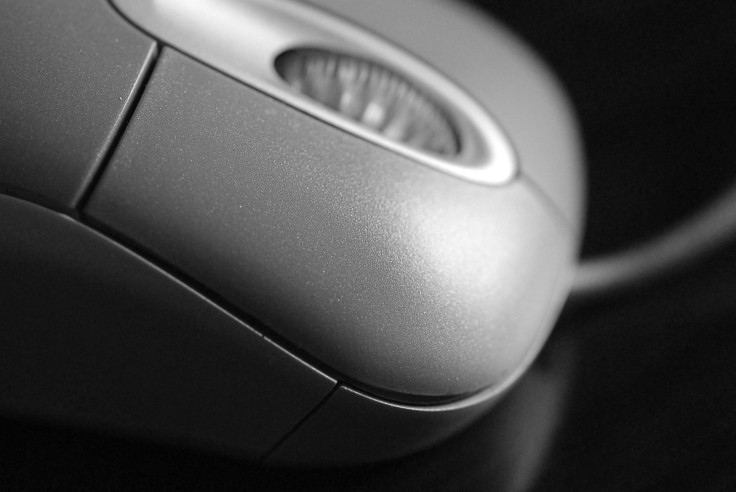Disadvantaged Groups Like The Elderly Aren't Using The Internet To Manage Their Chronic Kidney Disease

Despite most evidence to the contrary, the internet isn’t just for cats, gifs, and other things. It can also help us manage our health via electronic access to our personal medical records and other educational resources.
Unfortunately, as a new study published Thursday in the journal Clinical Journal of the American Society of Nephrology shows, there is a wide disparity in the groups of people most likely to utilize these resources, specifically among those suffering from chronic kidney disease (CKD). These disparities were specifically seen among the elderly, low-income individuals, and blacks.
"Unfortunately, in the setting of CKD, it appears that black patients and patients of lower socioeconomic status are often left behind when it comes to using these technologies," said study author Dr. Khaled Abdel-Kader of Vanderbilt University in a statement.
Abdel-Kader and his colleagues tracked 2,803 patients with CKD between 2010 and 2012 to see how likely they were to adopt the use of an electronic health portal. They found that the elderly (at least 80-years-old) were 71 percent less likely to adopt portal use compared to those around the age of 40; Medicaid patients were 47 percent less likely to have fun with portals compared to the privately insured; and African Americans 50 percent less likely compared to non-African Americans. About the only bright spot was the finding that portal adoption slowly but surely began to rise with each successive year, through the disparities remained.
Recently, there has been an increasing push by large insurers and smaller medical practices alike to provide e-health resources to patients, with varying levels of success at convincing patients to actually take advantage of them. Yet, these resources can be incredibly beneficial — not only by fostering better communication between the patient and their medical provider, but also by enabling patients to stay informed and engaged about their health care decisions. It can even make paying medical bills easier.
Because the groups observed in this current study are already generally disadvantaged in the quality of health care they obtain, however, the researchers are worried that the gaps in portal adoption will only make these inequalities worse. As possible evidence for that, they found that portal-using patients were more likely to have appropriate blood pressure levels.
Commenting on the study in an accompanying editorial, Dr. Mallika Mendu of the Brigham and Women's Hospital in Boston noted that "the study shows that portals could perversely widen existing disparities in care by advantaging those who are already at an advantage, while not helping the disadvantaged.”
Source: Cavanaugh K, Bian A, Chen G, et al. Disparities in Electronic Health Record Patient Portal Use in Nephrology Clinics. Clinical Journal of the American Society of Nephrology . 2015.



























